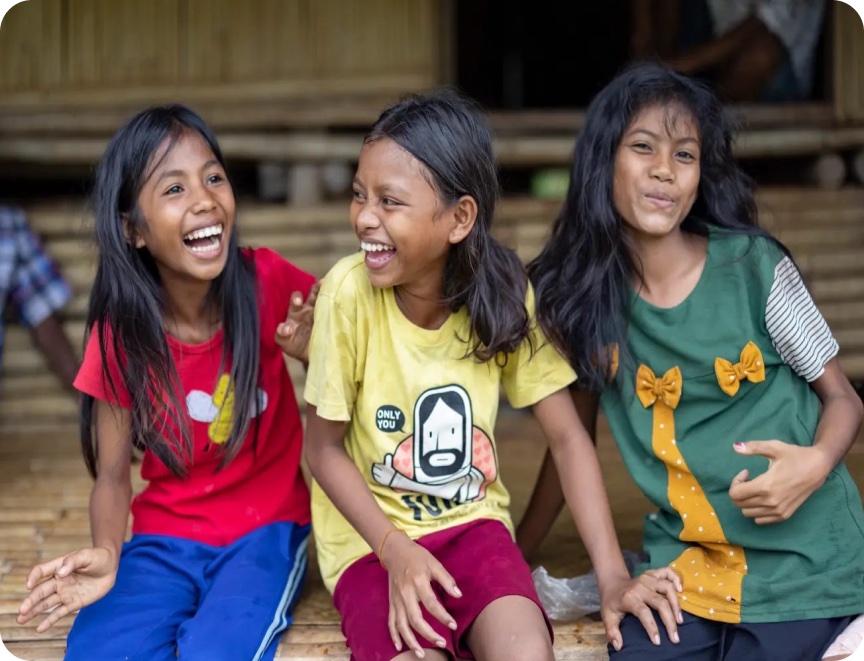ChildFund Australia, Plan International Australia and the Young & Resilient Research Centre of Western Sydney University have released a ground-breaking new report today that shows how the rollout of cable internet systems across the Pacific opens up unprecedented learning opportunities for children but also exposes them to new risks of harm.
The organisations have joined forces to launch the Online Safety in the Pacific report, in order to fill the research gap and map the challenges and opportunities the onset of new cable internet technology presents for children in the Solomon Islands, Kiribati and Papua New Guinea.
Among the children surveyed for the report, 77% said the risk of accessing inappropriate content such as horror movies and pornography, was their greatest fear, followed by cyber-bullying (38%), while parents and carers identified a lack of control over what children were accessing as their greatest fear.
Participants in the study generally believe girls are more at risk than boys to online abuse and less capable of managing risk, leading to girls’ access to online spaces being limited by their parents.
“The Pacific is home to some of the highest rates of sexual and physical violence against women and girls anywhere in the world and this is now being reflected in the online space. These fears are also limiting girls’ access to online opportunities, said Susanne Legena, CEO of Plan International Australia.
“As Australia invests in the Coral Sea Cable to promote greater internet connectivity it must also invest in combatting the growing risk of online child sexual exploitation, grooming and cyber-bullying in the Pacific. Now is the time to act, to invest in the protective frameworks and programs that will prevent children and young people from being harmed online.
“The levels of violence and abuse against children, and in particular women and girls, is already disproportionately high in the Pacific Islands. Without proper investment and planning, it could be exacerbated by increased uptake of digital technologies,” she said.
This research will inform ChildFund Australia and Plan International Australia’s child protection work across the region into the future. It will build on existing programs that increase the self-protective behaviours of children, equip parents to be partners in online safety and provides governments with tools required to prevent and respond to online abuse and exploitation.
“The opportunities that connectivity provides is paramount for children and young people across the pacific. However, we must be vigilant in taking adequate measures to keep them safe. A single response will not combat the far-reaching risks and impacts of the online world. A whole of community approach, which empowers children and their families to safety navigate the online world is crucial” said Margaret Sheehan, CEO of ChildFund International.
ChildFund Australia and Plan International Australia consider this work as urgent given the convergence of the onset of the COVID19 and the arrival of cable internet across the Pacific.
Download a copy of the full report.





























